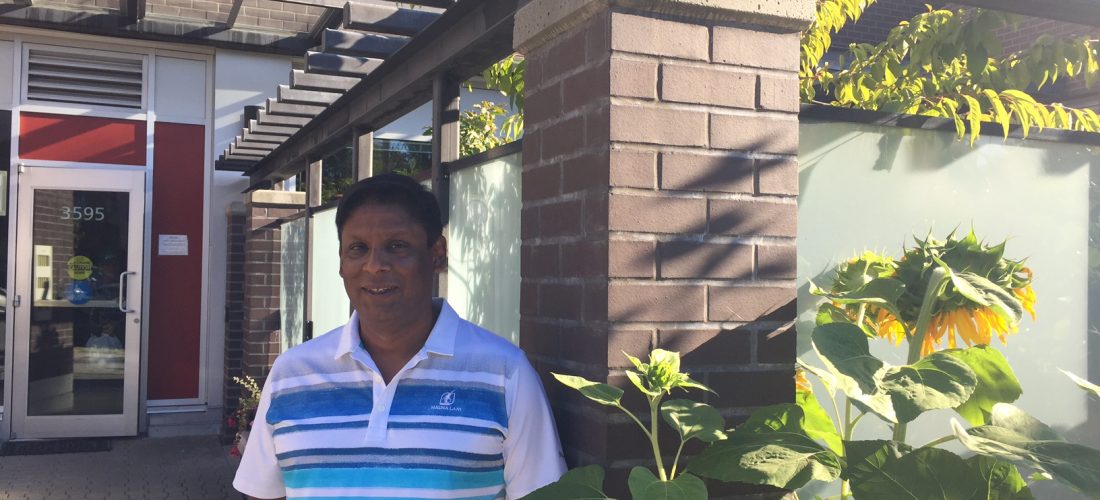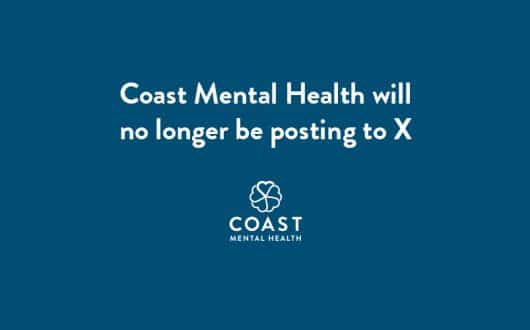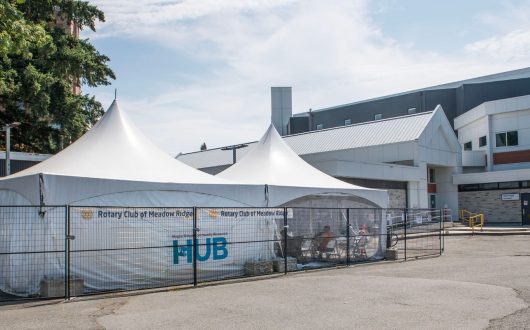What was your reaction when you heard that Coast was coming to your neighbourhood?
I thought it was a good thing. Within the neighbourhood, we had seniors’ housing but nothing purposely built to support people with mental illness who are trying to take steps towards recovery and being more independent.
What was the reaction from the neighbourhood?
There was a lot of concern and urban myths about mental illness – that’s why I got involved with the neighbourhood’s Community Advisory Council. People were worried that the tenants would be people with a dual diagnosis – addictions and mental illness – and that it could bring drugs into the community.
In the first few months after the tenants moved in, people started noticing issues that had been going on already in the neighbourhood and wanted to point to the residents of Dunbar Apartments. I give credit to Darrell, Coast’s CEO, and the rest of his team, for how they worked with the Community Advisory Council and Business Improvement Association to change their perceptions.
How has the neighbourhood’s attitude towards Dunbar Apartments changed?
At first everyone expected it to be the bad neighbour, but today it’s just the opposite and Dunbar Apartments is seen as the quiet neighbour. But what’s interesting is that having Dunbar Apartments in our neighbourhood has helped reduce stigma. A lot of people don’t want to have conversations around mental illness, what it is, and how it affects friends and relatives. Having Dunbar Apartments in our neighbourhood really highlights it.
I think one thing that gets lost in translation when people come together to talk about supported housing is the fact that nobody has chosen to be here. It’s through their genetics or other circumstances that they’ve gotten here.
SUPPORT COAST MENTAL HEALTH IN YOUR COMMUNITY – DONATE TODAY!
About Dunbar Apartments

Neighbourhood: |
Dunbar |
Residents: |
51 |
Opened in: |
2011 |
Supports provided: |
Residents receive dinner seven days a week and breakfast three times a week, 24/7 staff access and support, individual client-centred support with recovery and goal setting, referrals to community resources, client advocacy, educational, social and life-skills programs, and social and holiday events. |



